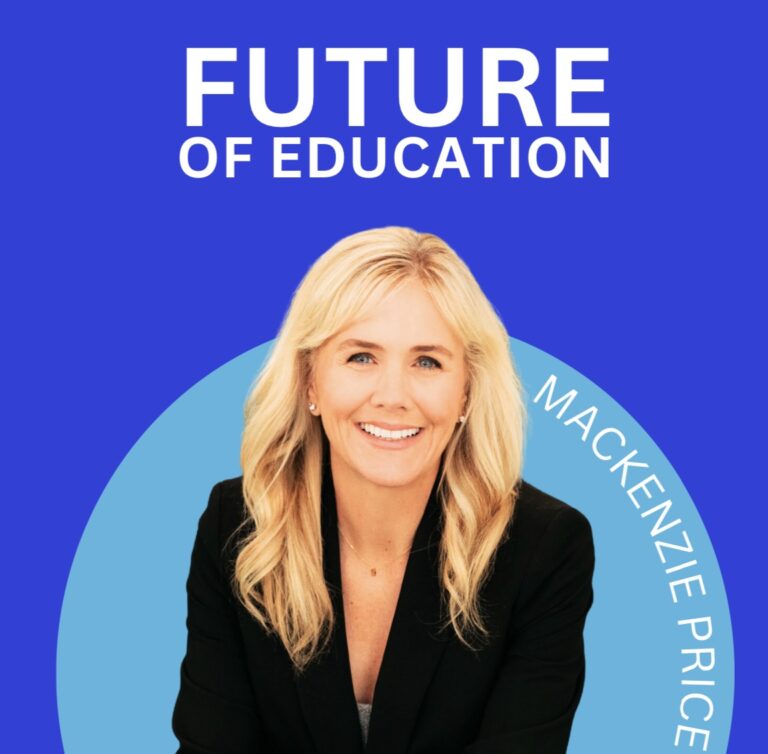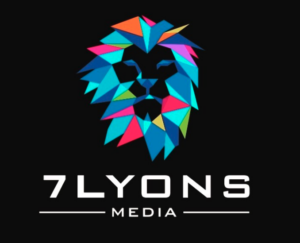Facilitating experiential learning & career readiness education
Jean Eddy
American Student Assistance

- Part 1Crisis-proofing & preparing youth for future jobs
- Part 2 Facilitating experiential learning & career readiness education
Show Notes
-
01:39Facilitating career exploration for studentsASAs platform, Evolve Me, offers virtual internships and real-life apprenticeships, empowering students to gain practical experience and explore career paths. In addition, Big Picture Learning schools allow students to test careers in high school, integrating out-of-classroom experiences with classroom learning.
-
06:11Promoting experiential learning and agency in youthExploration and skill development through fun activities are essential for childrens learning. Providing safe opportunities for exploration empowers students to take ownership of their futures, giving them agency.
-
08:10The benefits of early career exploration for youthEmployers are enthusiastic about providing opportunities for young people. There's a need to build the workforce of tomorrow, and these opportunities provide the necessary real-world experience to facilitate a pipeline of skilled workers for the future.
-
10:31Reaching underserved communities through technologyASAs approach to meeting kids where they are digitally has been an impactful one. They also work with other nonprofits to ensure their programs and opportunities reach young people from disadvantaged backgrounds, rural areas, and underrepresented groups.
-
12:34The impact of career exploration and mentorship opportunities for childrenASA provided a group of female high school students with a grant to explore growing plants on Mars. Through this opportunity, they met a NASA employee who guided them in building a prototype and provided mentorship to them. Eventually, all four students pursued careers in science.
Quotes
-
"When children are given the opportunity to test and explore their interests and career pathways, while being guided by the right mentors, the impact it can have on a young person is enormous." - Jean Eddy
-
"Meeting kids where they are through digital has been incredibly impactful for us. 95% of 13-18-year-olds have a cell phone, so being able to offer a variety of opportunities where they are has made a huge difference for us." - Jean Eddy
-
"We have to think about the workforce of tomorrow. So, how do we provide not only an experience for a young person, but make sure that we have the jobs available and the people to fill them in the years to come?" - Jean Eddy
-
"Kids in this generation want some agency, they want to be able to say, this is about me and my future. Provide them with an opportunity to explore their interests, testing, trying, and having fun while they're doing it." - Jean Eddy
-
"Apprenticeships and internships are talked about a lot in college, but testing and trying should happen as early as possible. If there's an opportunity to do that when you're in high school, it makes a world of difference." - Jean Eddy
- Part 1Crisis-proofing & preparing youth for future jobs
- Part 2 Facilitating experiential learning & career readiness education
Up Next:
-
Part 1Crisis-proofing & preparing youth for future jobs
Jean Eddy, CEO of American Student Assistance, delves into preparing youth for the future and career success. Many young people today are graduating high school without a plan for the future and their careers, leading to confusion, debt, and disconnection from the workforce. With the rapid pace of change in technology and industries, we must provide young people with opportunities for career exploration to adequately prepare them for the future. Today, Jean discusses crisis-proofing and preparing youth for future jobs.
Play Podcast -
Part 2Facilitating experiential learning & career readiness education
Jean Eddy, CEO of American Student Assistance, delves into preparing youth for the future and career success. Traditional school systems often fail to provide students with crucial opportunities to explore their interests and career options through real-world experiences, such as apprenticeships. This lack of hands-on learning limits students' ability to develop valuable life skills needed for the workforce of tomorrow. Today, Jean discusses facilitating experiential learning and career-readiness education.



